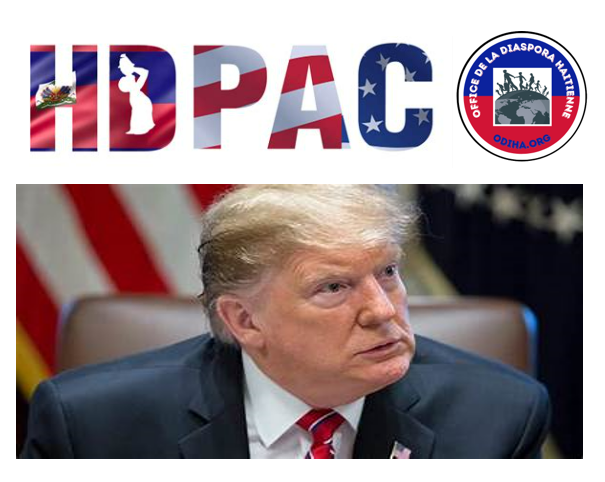November 8, 2019|Business Corner

Recently, two hundred chieftains of big business came together to acknowledge their responsibility to all stakeholders taking their employees and the community at large into consideration. Though they said, something ought to be done about the working poor, not one of them acknowledge that the system that allows them to take so much and pay so little to their employees needs to change. Inequality is anathema and taboo to the elites – a faux pas in the parlance of elite discussions. No one wants to talk about income inequality because of the implications that the elites have wrongfully and perhaps criminally amassed more than their fair share.
In the last forty years, companies and their elite owners fought very hard to get rid of labor unions. They campaigned against inheritance taxes, directly avoid paying taxes, opposed regulations designed to protect workers from abuse and exploitation, voluntarily benefited from a system with low labor regulations. While productions increased significantly in the last five decades, the only people who have something to show for it are the elites. The working men and women who made the productions possible get access to the craps that fall off the tables of the rich and powerful. This system of extracting value for cheap has largely contributed to income inequality. If big business wants to help the working poor, first, the elites must get rid of the system that allows them to accumulate so much wealth – we need a redistribution of wealth. This would mean that the elites would have to give up something.
In the brave new world of gig economy, companies are moving away from their core responsibilities. While they retain power and control over the lives of people who work for them, they claimed that the workers are “independent contractors,” not employees. That way, they do not have to pay them benefits. Uber, Lift, and to a certain extent Amazon, have developed a new theory that defines the relationship between employers and employees. This new working relationship underscores their greed and is designed to extract as much value from the efforts of working men and women for as little as possible. All while skirting any liability or responsibility to workers or to the community at large. Recently, a court in California ruled that Uber drivers are employees and must be treated as such. The California legislature followed suit and codified the ruling into law. Uber is now poised to spend millions of dollars to sponsor a referendum on the law. So much for big business helping the common man.
Amazon’s new working relation theory is to make every man a corporation. They have spent millions of dollars advertising for new delivery drivers/partners. The plan seems simple. You form your own delivery company and Amazon contracts with you to deliver their packages. Except that Amazon controls everything, your company does. From hiring drivers to work schedules and delivery time. The delivery vans you drive bears the Amazon logo. And you are not allowed to deliver packages for any other company. But yet, Amazon tells you that it is your own business and you are an independent contractor. The truth is, you are not. You work for Amazon, and by creating this new working relationship, Amazon freed itself of any liability that attaches to conducting such business. According to the New York Times, Amazon delivery vans have been involved in dozens of deadly car accidents, but yet Amazon denied any liability to the victims claiming that it has no control over how owners operate their business.
Private Equity is another bloodsucker of working men and women. These are firms that manage large amounts of money. They own all kinds of companies. Their sole job is to extract as much value from those companies for their shareholders as possible. Extracting value may mean that companies are forced to lay-off people, or cutting their working schedule. For those lucky enough to have a job, “optimization of schedule” turns them into slaves. Companies like Whole Foods owned by Amazon, and Starbucks use “optimization of schedule” where workers do not have set hours. They can be called to work during peak time, but not necessarily during downtime. Nevertheless, workers must be available at all times, preventing them from seeking a more stable second job.
Putting big business in charge of finding solutions to public problems is tantamount to putting the bank robber in charge of bank security. But most of us fail to realize that our public problems are caused by a system that allows big business to reign supreme. From Citibank, who helped repeal Glass/Steagall, a law that restricted investors’ risk taking leading to the worst financial crisis in recent memory, to Purdue Pharma, maker of Oxycontin whose greed resulted in the worst opioid crisis in the United States, causing the death of thousands of Americans who became addicted to their products, or to sugar pushers like Coca Cola and Cinnamon who pushed their processed foods into our schools causing the worst diabetes crisis among young children. These companies are the source of our public problems. No matter how many philanthropic initiatives they undertake, they can never make up for the harm that they have caused.
In a democracy, public problems must be solved by the government, where all stakeholders get to participate in crafting the solutions not outsourced to global elites who are the cause of the problems in the first place.






